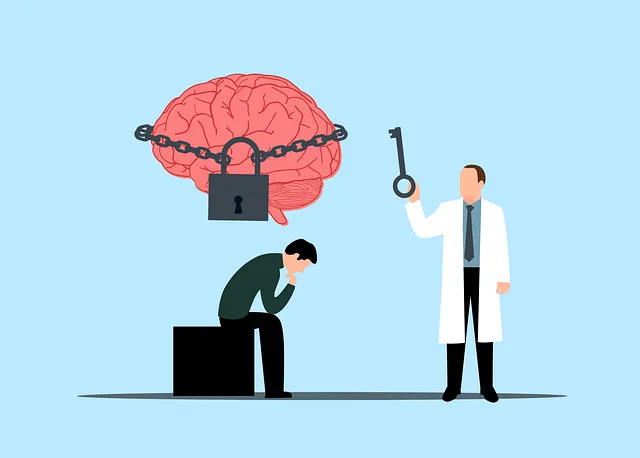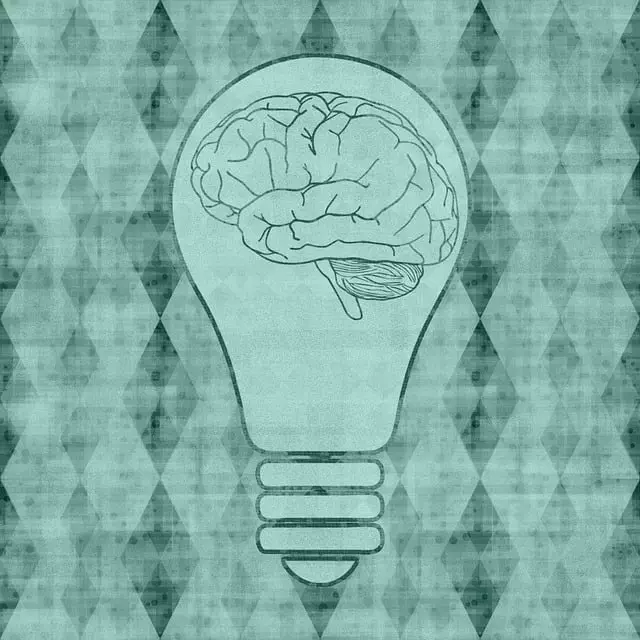Trauma significantly impacts mental and physical health, but healing is possible with the right support. Kaiser offers comprehensive trauma-informed care, including therapy types like CBT, EMDR, mindfulness practices, yoga, and bodywork. These evidence-based approaches help individuals process traumatic memories, manage anxiety, and develop healthier coping mechanisms. Support groups and community initiatives enhance recovery by fostering connection and understanding among trauma survivors. A specialized trauma therapist at Kaiser guides patients through these healing processes, empowering them to regain control and lead fulfilling lives.
Trauma can leave profound and lasting effects on individuals, but healing is achievable. This comprehensive guide explores evidence-based trauma healing techniques backed by experts at Kaiser and beyond. From cognitive behavioral therapy (CBT) for challenging negative thought patterns, to eye movement desensitization and reprocessing (EMDR), mindfulness practices, yoga, and building supportive networks, discover a range of strategies to support your journey towards recovery.
- Understanding Trauma and Its Impact: A Basis for Healing
- Cognitive Behavioral Therapy (CBT): Unraveling Negative Thought Patterns
- Eye Movement Desensitization and Reprocessing (EMDR): Rewiring the Brain
- Mindfulness and Meditation: Cultivating Present-Moment Awareness
- Trauma-Informed Yoga and Bodywork: Reconnecting with Physical Sensations
- Building a Supportive Network: The Power of Connection and Community
Understanding Trauma and Its Impact: A Basis for Healing

Trauma, whether from a single event or chronic exposure, profoundly impacts an individual’s mental and physical well-being. It can manifest as flashbacks, nightmares, severe anxiety, depression, and even physical symptoms like pain or fatigue. Understanding trauma is a crucial step in healing, as it helps individuals recognize their responses are not mere emotional reactions but rather adaptations to overwhelming experiences. A kaiser trauma therapist plays a vital role here, providing a safe space for clients to explore and process these past events without judgment.
Kaiser trauma-informed care recognizes the widespread effects of traumatic experiences and offers specialized programs like anxiety treatment and resolution initiatives. These approaches are designed to help individuals regain a sense of control and safety, fostering resilience and emotional regulation. The kaiser trauma and anxiety treatment methods often incorporate evidence-based techniques such as cognitive behavioral therapy, eye movement desensitization and reprocessing (EMDR), and mindfulness practices, all geared towards helping clients navigate and resolve the intricate layers of trauma they may have experienced.
Cognitive Behavioral Therapy (CBT): Unraveling Negative Thought Patterns

Cognitive Behavioral Therapy (CBT) is a powerful tool in the arsenal of trauma therapists at Kaiser. It focuses on identifying and challenging negative thought patterns that can perpetuate feelings of trauma and anxiety. By helping individuals understand and reframe their distorted thinking, CBT enables them to gain perspective and develop healthier coping mechanisms.
This therapy involves collaboration between the trauma therapist and the patient, working together to uncover and change unhelpful beliefs and behaviors. Through structured sessions, patients learn to recognize triggers, manage intense emotions, and replace negative thought cycles with more realistic and adaptive ones. Kaiser’s mental health services emphasize this approach as an effective strategy for trauma recovery and prevention, aiming to empower individuals to lead fulfilling lives despite their past experiences.
Eye Movement Desensitization and Reprocessing (EMDR): Rewiring the Brain

Eye Movement Desensitization and Reprocessing (EMDR) is a groundbreaking technique that has revolutionized trauma therapy. This approach, recognized by the World Health Organization and incorporated into kaiser trauma therapy services, focuses on rewireing the brain’s response to traumatic memories. By encouraging bilateral stimulation, such as side-to-side eye movements or tactile taps, EMDR helps individuals process and reframe distressing memories, reducing their emotional impact. Studies have shown its effectiveness in treating complex trauma, with many kaiser trauma therapy services incorporating it into their practices.
Trauma recovery support groups within the kaiser healthcare system offer a safe space for individuals to share their experiences and learn coping strategies. While EMDR is not a replacement for these group settings, it complements them by addressing the underlying neural pathways associated with trauma. As a result, kaiser trauma therapy services that combine EMDR with other evidence-based practices can significantly enhance trauma recovery outcomes.
Mindfulness and Meditation: Cultivating Present-Moment Awareness

Mindfulness and meditation are powerful tools for trauma healing, emphasizing present-moment awareness as recommended by many trauma therapists at Kaiser Healthcare. This practice involves training your mind to focus on the here and now, rather than reliving past traumas or worrying about the future. By cultivating mindfulness, survivors of trauma can learn to observe their thoughts and emotions without judgment, helping to reduce the intensity of distressing memories or flashbacks.
Regular meditation practices have been shown to support trauma recovery by promoting a sense of calm and grounding in the present. A trauma therapist at Kaiser Network might guide survivors through various meditation techniques, such as focused breathing exercises or body scan meditations, which can aid in regulating emotions and reducing anxiety. Finding a trauma therapist near me who specializes in mindfulness-based practices could be a significant step towards healing and rebuilding a sense of safety and control after traumatic experiences.
Trauma-Informed Yoga and Bodywork: Reconnecting with Physical Sensations

Trauma-Informed Yoga and Bodywork can be a powerful tool for individuals navigating trauma recovery, as recommended by Kaiser’s mental health services. By focusing on reconnecting with physical sensations, this approach allows therapists to guide clients in exploring their bodies’ responses to traumatic memories or triggers. Through gentle movements, mindful breathing, and sensory awareness, individuals can learn to identify and process stored physical tension related to past traumas.
This technique, often incorporated into child trauma counseling at Kaiser, offers a safe space for expression and healing. It encourages clients to become attuned to their bodies’ unique language, helping them gain valuable insights into their emotional states. Additionally, trauma recovery support groups facilitated by Kaiser may include these practices to foster community and enhance collective well-being during the healing journey.
Building a Supportive Network: The Power of Connection and Community

Building a supportive network is an integral part of healing from trauma, and one of the most effective ways to do this is through connecting with others who understand and can empathize with your experiences. A strong support system provides a safe space to express emotions, share stories, and gain valuable perspectives. This sense of belonging and connection can be life-changing for individuals navigating post-traumatic stress disorder (PTSD) or other trauma-related challenges.
Kaiser Adult Trauma Services recognizes the power of community and offers specialized programs designed to foster these connections. Their network of trauma specialists is dedicated to helping individuals find like-minded people who have experienced similar traumas, creating a supportive environment that encourages healing and growth. Through group therapy sessions, support groups, and online communities, kaiser network trauma specialists facilitate meaningful interactions, ensuring individuals feel less alone in their journey towards recovery.
Trauma healing is a multifaceted journey, and incorporating these evidence-based techniques can empower individuals to overcome their past experiences. From cognitive reframing with CBT to reprocessing traumatic memories via EMDR, each approach offers unique benefits. Mindfulness practices, trauma-informed yoga, and building supportive networks further enhance the healing process. For those seeking guidance, finding a Kaiser trauma therapist can be transformative, providing personalized support tailored to these effective techniques.






